Intro
Persistent cold wont go away? Learn causes, symptoms, and treatments for lingering colds, including chronic cough, sinus pressure, and fatigue, and discover how to finally find relief from recurring cold symptoms.
A persistent cold can be frustrating and debilitating, affecting daily life and overall well-being. Colds are one of the most common illnesses, and while they usually resolve on their own within a week or two, some people experience prolonged symptoms that can last for weeks or even months. Understanding the causes, symptoms, and treatment options for a persistent cold is essential to finding relief and preventing complications.
The common cold is a viral infection that affects the upper respiratory tract, including the nose, throat, and lungs. It is usually caused by rhinoviruses, coronaviruses, or adenoviruses, which are highly contagious and can be spread through the air, close contact with an infected person, or by touching contaminated surfaces. While colds are typically self-limiting, some factors can contribute to a persistent cold, such as a weakened immune system, allergies, or underlying respiratory conditions like asthma or chronic obstructive pulmonary disease (COPD).
A persistent cold can manifest with a range of symptoms, including a runny or stuffy nose, sneezing, coughing, sore throat, and fatigue. Some people may also experience headaches, muscle aches, or a low-grade fever. If symptoms persist or worsen over time, it is essential to consult a healthcare professional to rule out other underlying conditions that may require medical attention.
Persistent Cold Causes and Risk Factors
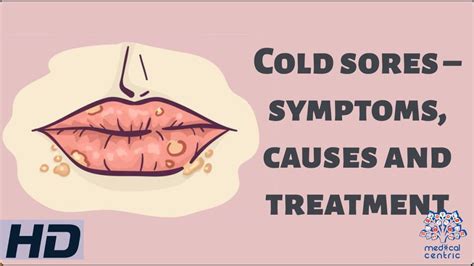
Several factors can contribute to a persistent cold, including a weakened immune system, which can be caused by stress, lack of sleep, or underlying medical conditions like diabetes or HIV/AIDS. Allergies can also trigger or exacerbate cold symptoms, especially in people with seasonal allergies or sensitivities to dust, mold, or pet dander. Underlying respiratory conditions like asthma or COPD can increase the risk of developing a persistent cold, as can exposure to environmental toxins or pollutants.
Understanding the Immune System
The immune system plays a crucial role in fighting off infections, including the common cold. A healthy immune system can help to prevent or reduce the severity of cold symptoms, while a weakened immune system can make it more challenging to recover from a cold. Factors that can weaken the immune system include stress, lack of sleep, poor nutrition, and underlying medical conditions.Treatment Options for a Persistent Cold
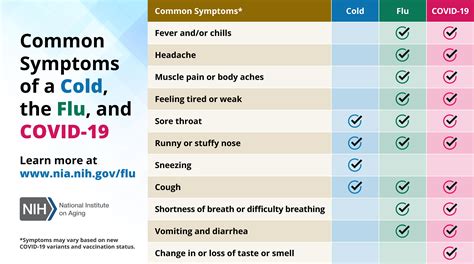
While there is no cure for the common cold, several treatment options can help to alleviate symptoms and support recovery. Over-the-counter medications like pain relievers, decongestants, and antihistamines can help to relieve symptoms like headaches, congestion, and sneezing. However, it is essential to use these medications responsibly and follow the recommended dosage instructions to avoid side effects or interactions with other medications.
Home Remedies and Self-Care
In addition to medical treatment, several home remedies and self-care strategies can help to alleviate symptoms and support recovery. Staying hydrated by drinking plenty of fluids, such as water, tea, or soup, can help to thin out mucus and soothe a sore throat. Resting and avoiding strenuous activities can help to conserve energy and support the immune system. Using a humidifier to add moisture to the air can help to relieve congestion and coughing, while practicing good hygiene, such as washing hands frequently and avoiding close contact with others, can help to prevent the spread of the infection.Prevention Strategies
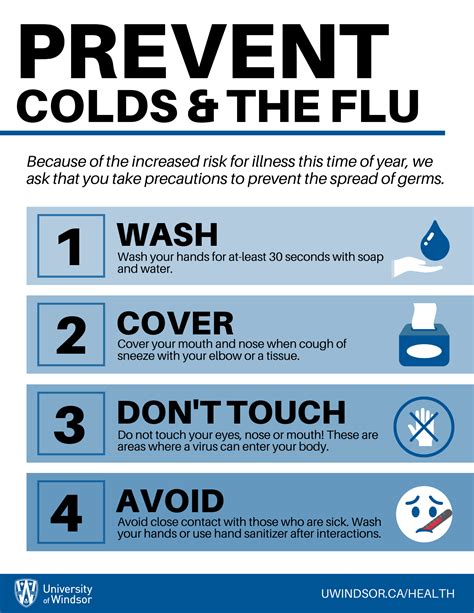
Preventing a persistent cold requires a combination of good hygiene, a healthy lifestyle, and awareness of risk factors. Practicing good hygiene, such as washing hands frequently, avoiding close contact with others, and avoiding sharing utensils or personal items, can help to prevent the spread of the infection. Maintaining a healthy lifestyle, including a balanced diet, regular exercise, and adequate sleep, can help to support the immune system and reduce the risk of illness.
Vitamin C and Zinc
Vitamin C and zinc are essential nutrients that can help to support the immune system and reduce the risk of illness. Foods rich in vitamin C, such as citrus fruits, strawberries, and bell peppers, can help to boost the immune system, while zinc-rich foods, such as oysters, beef, and chicken, can help to support immune function.Complications and When to Seek Medical Attention
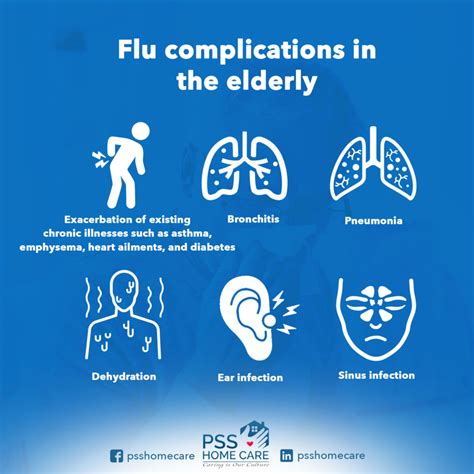
While a persistent cold is usually not a cause for concern, some complications can arise, especially in people with underlying medical conditions or weakened immune systems. If symptoms worsen or persist over time, it is essential to seek medical attention to rule out other underlying conditions that may require medical attention.
Seeking Medical Attention
Seeking medical attention is crucial if symptoms persist or worsen over time, or if other concerning symptoms develop, such as difficulty breathing, chest pain, or a high fever. A healthcare professional can evaluate symptoms, perform diagnostic tests, and provide guidance on treatment options and prevention strategies.Conclusion and Next Steps
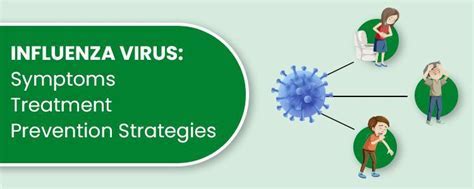
A persistent cold can be frustrating and debilitating, but understanding the causes, symptoms, and treatment options can help to alleviate symptoms and support recovery. By practicing good hygiene, maintaining a healthy lifestyle, and seeking medical attention when necessary, individuals can reduce the risk of illness and promote overall well-being.
What are the most common causes of a persistent cold?
+A persistent cold can be caused by a variety of factors, including a weakened immune system, allergies, and underlying respiratory conditions like asthma or COPD.
How can I prevent a persistent cold?
+Preventing a persistent cold requires a combination of good hygiene, a healthy lifestyle, and awareness of risk factors. Practicing good hygiene, maintaining a healthy lifestyle, and seeking medical attention when necessary can help to reduce the risk of illness.
When should I seek medical attention for a persistent cold?
+Seeking medical attention is crucial if symptoms persist or worsen over time, or if other concerning symptoms develop, such as difficulty breathing, chest pain, or a high fever. A healthcare professional can evaluate symptoms, perform diagnostic tests, and provide guidance on treatment options and prevention strategies.
We hope this article has provided you with valuable insights and information on persistent colds. If you have any questions or comments, please don't hesitate to share them below. Your feedback is important to us, and we appreciate your engagement. Additionally, if you found this article helpful, please consider sharing it with others who may be experiencing similar issues. Together, we can promote awareness and understanding of persistent colds and work towards finding effective solutions for this common and debilitating condition.
